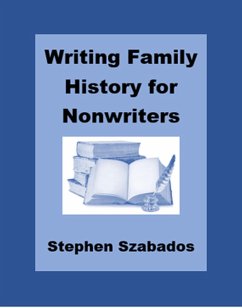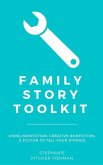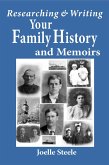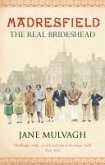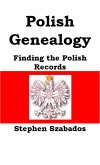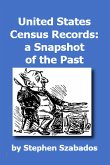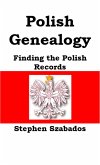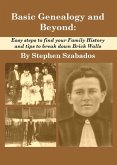A family history can be a great treasure to you, your family, and future generations. It can help us understand our heritage both in the U.S. and the "old country." It lets us gain knowledge and appreciation for our ancestors and their lives.
Writing a narrative of your family history is crucial because genealogy research should go beyond finding documents and filling in charts. The stories found within your research are what the family wants to read, and this helps keep the memory of your ancestors alive. We all have family stories that give insights into the lives of our ancestors. Some are entertaining, others celebrate our cultural heritage, and others are more historical. We need to save all of them. So they can accurately pass them down to future generations.
If you are interested in telling your family stories, the materials in this book will help you overcome your fears of writing, and you will commit your family story to the written word. Although I show how getting started with brief biographical summaries can make writing easier and overcome your fears of writing. The book covers simple methods for organizing summaries that can stand alone and later be combined into a larger document that becomes your family history.
Don't be afraid to begin. Concentrate on finding one story and then another by doing the research. You will find small pieces first that will make the task easier. Eventually, the small pieces will begin to fit together, and the overall story of your family history will appear.
Do the work and get the details to organize and save it for future generations.
Dieser Download kann aus rechtlichen Gründen nur mit Rechnungsadresse in A, B, CY, CZ, D, DK, EW, E, FIN, F, GR, H, IRL, I, LT, L, LR, M, NL, PL, P, R, S, SLO, SK ausgeliefert werden.

